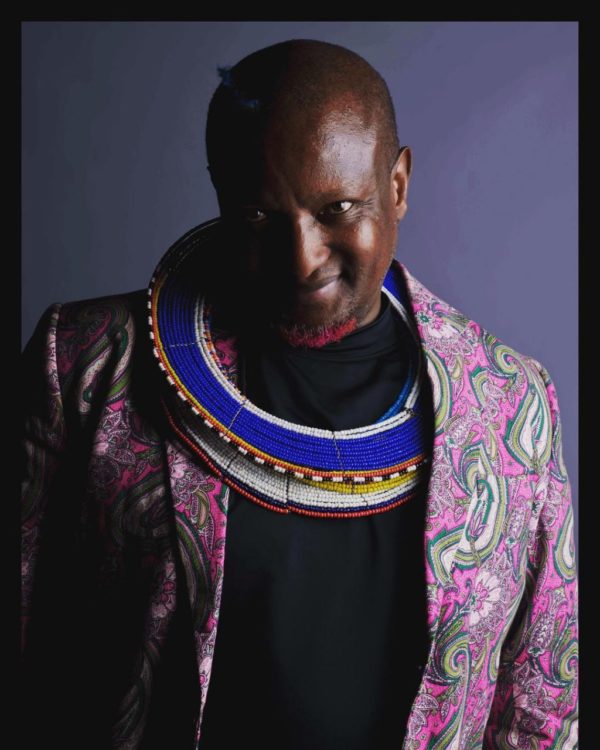
The great Binyavanga Wainaina passed on in May 2019 at the age of 48. He may have left behind just one book, the 2011 memoir One Day I Will Write About This Place, but he also left a giant intellectual and communal legacy. In a new nonfiction piece for Granta, the Nigerian writer Pwaangulongii Dauod, one of Binj’s dearest friends, remembers him, highlighting his passion and generosity.
The piece appears in Granta 150, the magazine’s Winter 2020 issue, and provides the line used as the issue’s theme: There Must Be Ways to Organize the World with Language.
There is a touching moment when Binyavanga reacts passionately to the absence of books by Africans in a Kaduna library.
Inside the library, Binyavanga moved around the shelves, head to one side, gleaning the titles, when suddenly he turned and hurried out. Katung followed him. Binyavanga was crying.
What had happened?
All eyes were on him.
‘How dare you,’ Binyavanga cried. He was not addressing anyone in particular. ‘This is the whitest library in the world. How dare you. You cannot even find anything close to this in England or America.’ He was weeping now. ‘A library in Africa that does not have books by Chimamanda, Helon or me? How dare you.’
He walked out of the compound. ‘Take me out of here,’ he said, in-between sobs. ‘I will never give a reading in such a terrifying place. Take me somewhere else.’
There is also a moment when Binyavanga searches for Kaduna writers to recommend to agents.
‘Which of the young writers in Kaduna do you think deserves representation, an agent?’ he asked, turning from the computer to face me. His intention was clear enough and his strength was visible, but his slurred speech invoked pity. I had learned to listen to him without showing a reaction.
‘Writers who you think need agents,’ he emphasised.
Hajara Hussaini Ashara. We were friends. Schoolmates in Zaria. Katung Kwasu. We are friends. He was my first true reader.
‘Get me their works. I have to read them before daybreak.’
I emailed him a book-length manuscript by Hajara and a short story by Katung.
The wings arrived. Binyavanga wanted to have them with soda water.
He refused to go back to bed all night. To a fault, Binyavanga put other people’s progress above his own. You could argue that his writing slowed down because he was preoccupied with establishing other writers, as well as a publishing house. There are many writers, including myself, who owe their careers to Binyavanga. He was the most generous writer of his generation.
Read the full piece HERE.








Blessing November 11, 2021 15:11
Where is Pwaangulongii?